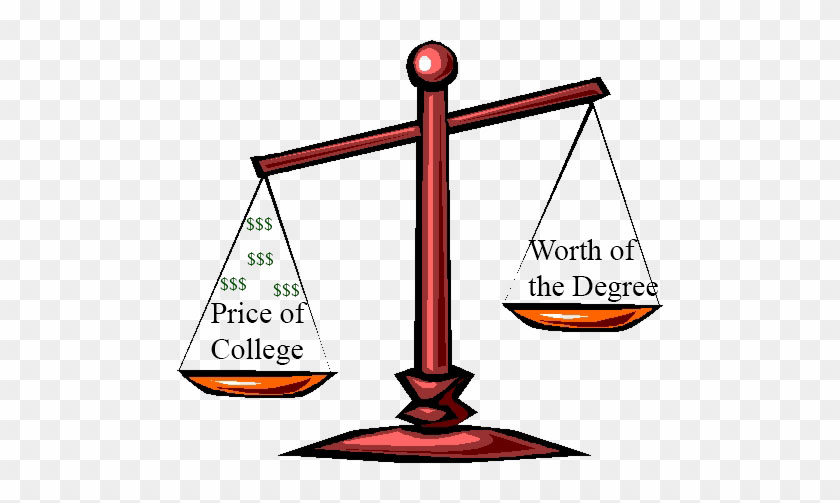Colleges Upcharging Teens
How Colleges Are Breaking The 14th Amendment
Colleges, universities and institutions have been around for hundreds of years. Most of the original institutions are still standing today, but one main thing that has changed significantly is tuition. Up until 1960’s tuition was free because of the Morrill Act of 1862. Under this act, states were able to establish public colleges funded by the development of associated federal land grants.
When it comes to in-state tuition and out-of-state tuition there is a significant difference in price. In-state tuition exists because public universities receive state tax revenue to minimize their expenses so a student who has lived there receives a lower rate. According to the Education Data Initiative, for a four-year undergraduate degree at a public college, the out-of-state tuition is $26,382 compared to $9,212 for in-state students. That’s a 34.9 % increase. Some students will choose the route of attending a Historically Black College or University (HBCU). According to College Tuition Compare the average in-state tuition for an HBCU is 7,211 compared to 15,102. The gap in price is smaller, but it still doesn’t include book fees, and room and board.
Why is it that way though? Students who have ambitions of leaving home and going away for school have to worry about finding the finances to survive in college, which creates another cause of stress. With such a significant difference in price, college students have been getting cheated out of their money for years. The 14th Amendment Section 1 of the Constitution states that “No state shall make or enforce any law which shall abridge the privileges or immunities of citizens of the United States; nor shall any State deprive any person of life, liberty, or property, without due process of law; nor deny to any person within its jurisdiction the equal protection of the laws”.
The key part of this section is “ nor deny any person within its jurisdiction the equal protection of the laws”. If a college student is attending college in that state they should be able to receive the same privilege as in state tuition. Arguably, out of state tuition realistically shouldn’t exist. Colleges and universities are thriving off of eager teenagers who want to leave home, and are willing to pay whatever amount of money to have the ideal college experience. College is primarily portrayed as the only gateway to success. If students are working so hard to put themselves through college to attain the American dream, why are we allowing ourselves to be scammed. Colleges are essentially business, but where do we draw the line at?
According to Forbes in total, Americans owe about $1.75 trillion dollars, which includes private and federal loans. For 2022 on average about 28,950 is owed per person. Most of the money owed comes from the age group 36-49. If middle age Americans owe most of the debt, think about how much our kids could owe 20 years from now, especially with inflation. According to Forbes 89% of debt that is owed, comes from undergraduate degrees. These are degrees some people don’t even use in the career of choice. As a teenager one of the first things you want to do is fill out the Free Application for Federal Student Aid (FAFSA), but even with that you’ll only receive so much money. With the steady rise of inflation, teens and even young adults are applying for scholarships much more aggressively. If there is so much free money in scholarships, why isn’t there “free money” to lower the cost of tuition. Instead of worrying about the rights to another woman’s body, our legislation needs to worry about how pricey it is to attain knowledge.






